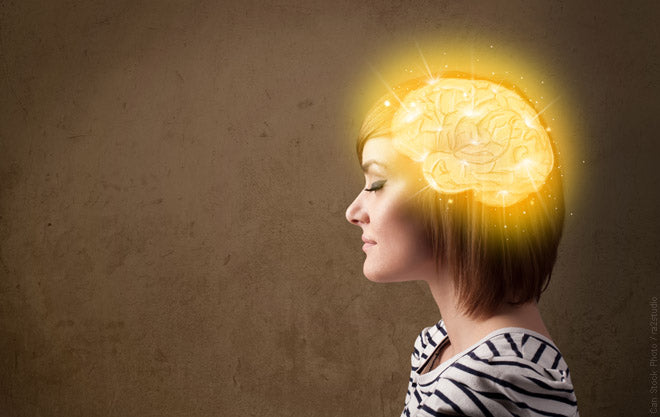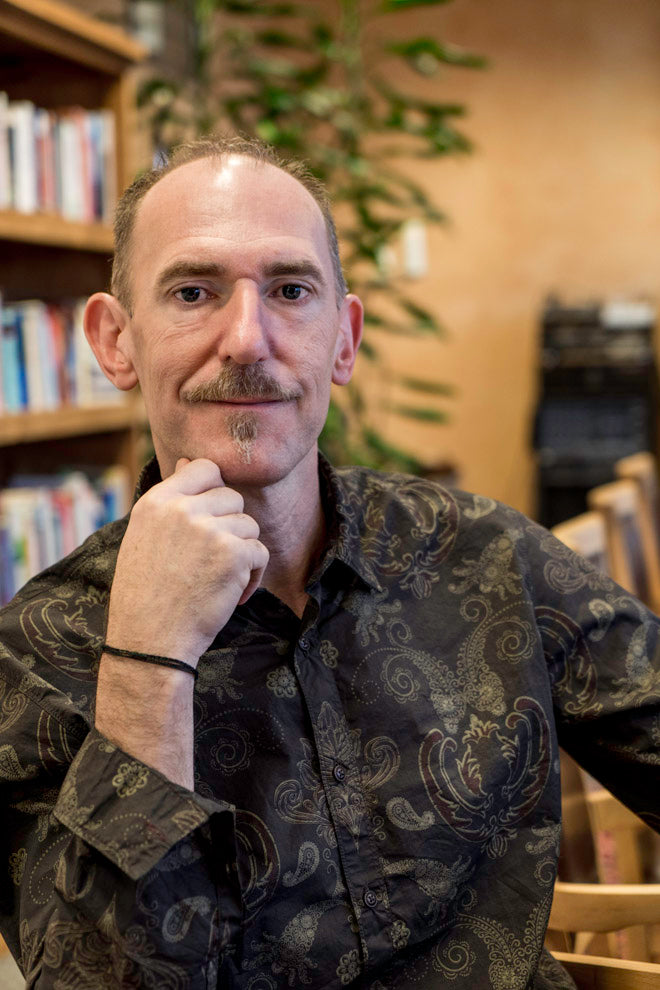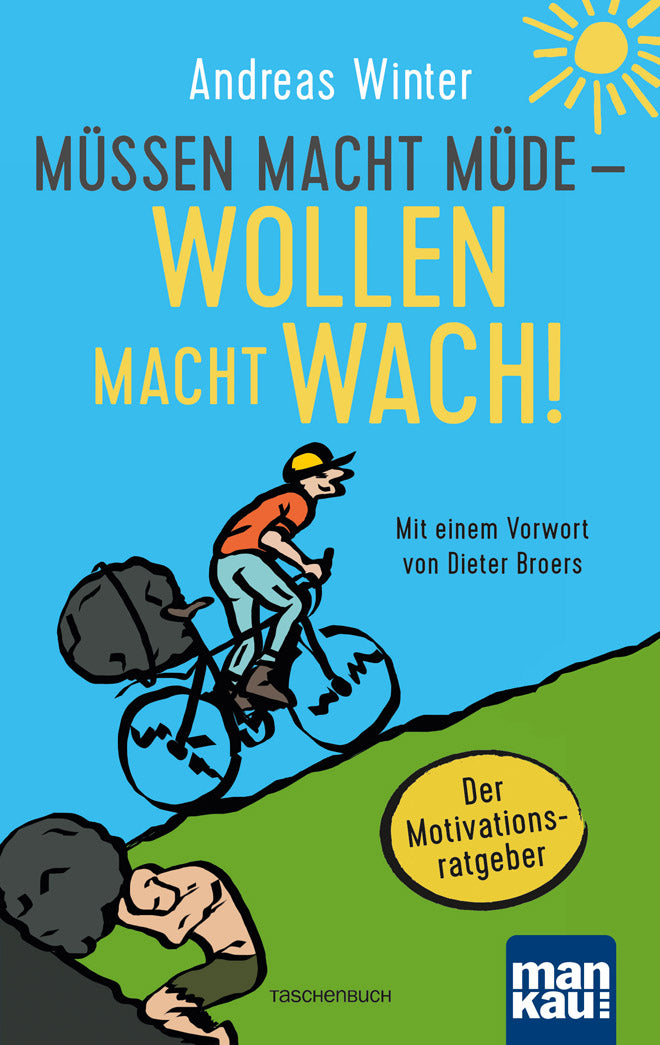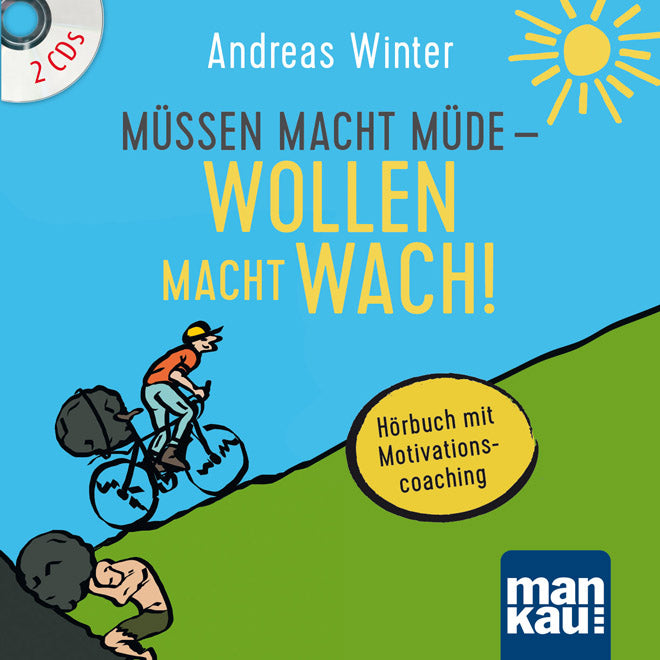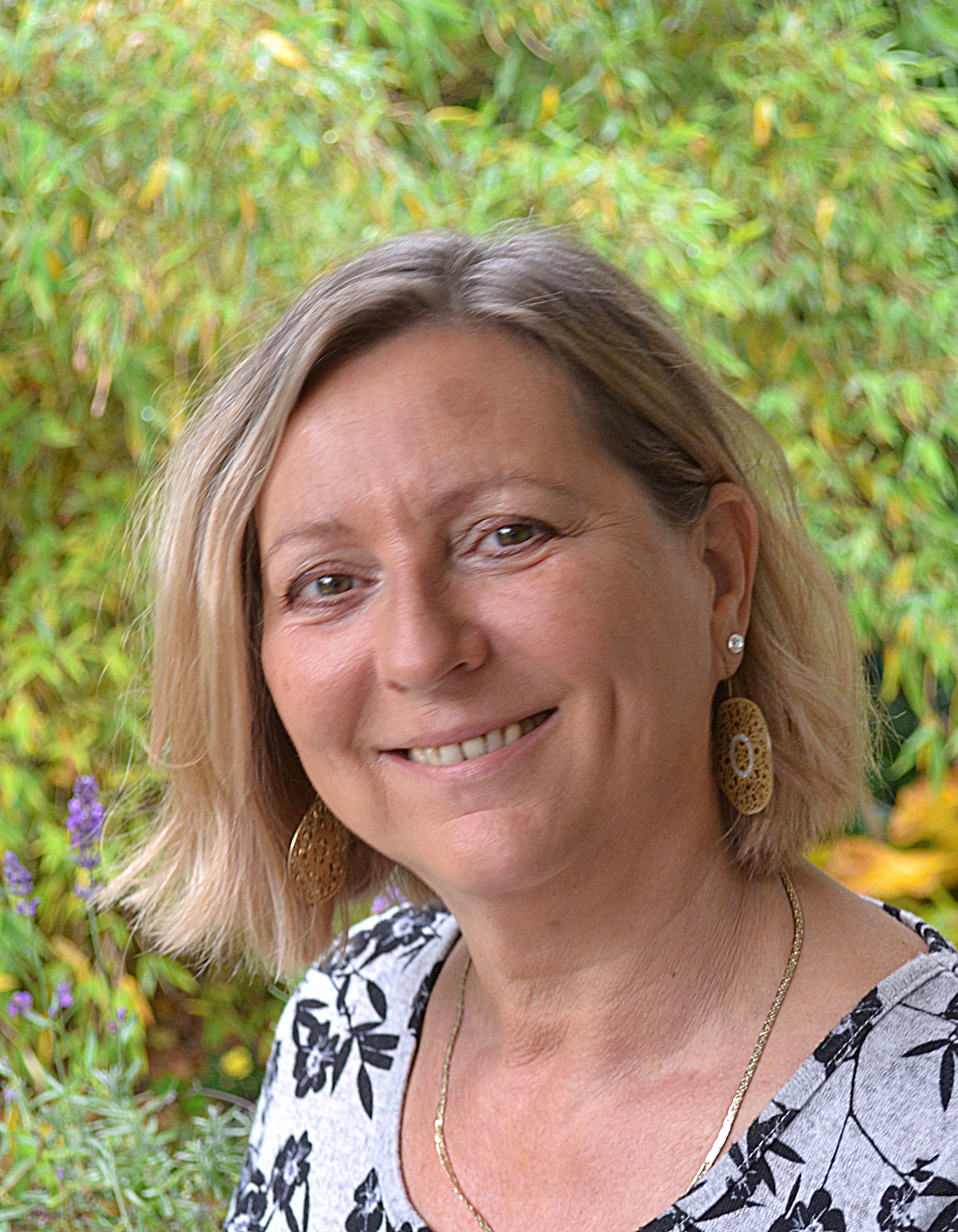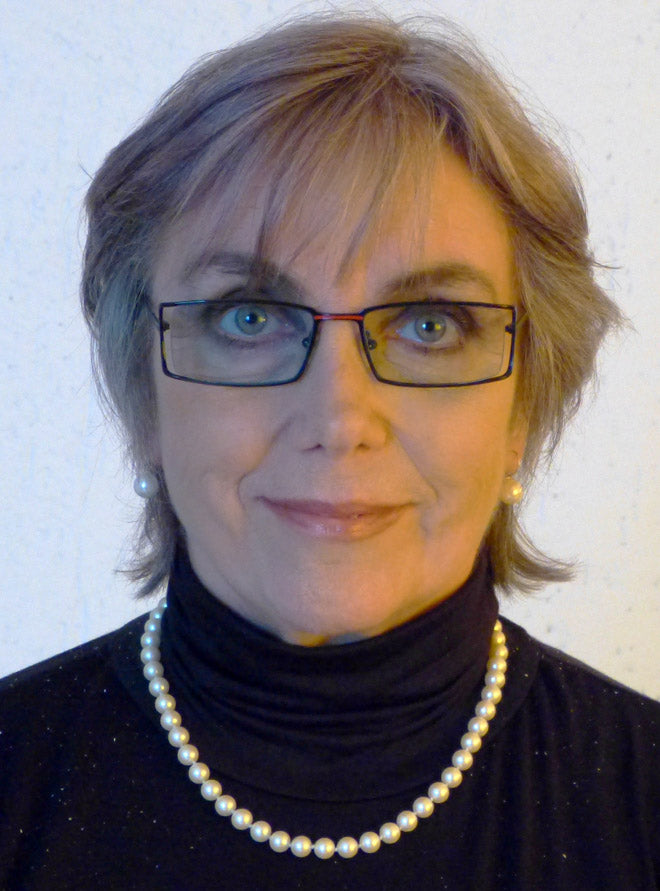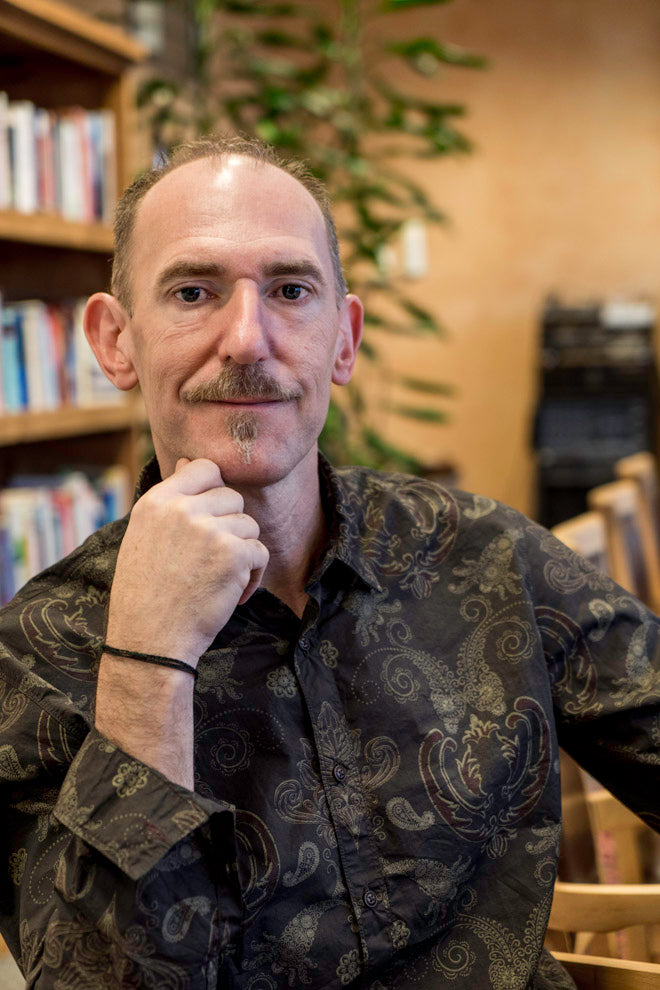
“For new motivation and enthusiasm you don’t need a ‘kick’, just a ‘click’ – in your head!”
“For new motivation and enthusiasm you don’t need a ‘kick’, just a ‘click’ – in your head!”
Interview with the qualified teacher, coach and bestselling author Andreas Winter
"Whether we master our daily duties full of energy and drive or just find them tiring and annoying is determined by the feelings with which we approach them. Do we think that we 'have to' do this or that and are helplessly at the mercy of the treadmill, or do we see them as gratifying and enriching tasks that we 'want' to face? The trick is to anchor voluntariness instead of patronizing stress - if you think differently, you live differently!" Andreas Winter, head of one of the largest coaching institutes in Germany and author of the paperback and audio book "Must make you tired - want to make you awake!", explains in an interview why motivation problems are the logical consequence of our upbringing and our society and how we can still bring new enthusiasm into our lives.
You say yourself: “There are motivational books galore, and the industry of ‘Tschakka gurus’ is booming.” What motivated you to start this project, and what sets “Having to do something makes you tired – wanting to do something makes you awake!” apart from the competition?
Winter: In the course of my many years of working as a coach, I have met many people who have tried almost everything to give their lives a positive turn. From nutritional supplements to exercise programs to self-discovery seminars, everything has been tried to motivate themselves to achieve professional, health or relationship goals. The result was usually a short kick lasting a few days. After that, everything was back to normal and the frustration was even greater. I looked for solutions that could bring about lasting change without a flash-in-the-pan effect. Usually it is a certain realization that can break a stubborn behavior pattern, a so-called "click in the head", as I call it. In relation to the topic of motivation, this means: My book is not intended to trigger a "kick", but a "click"!
People come to you who have been suffering from emotional disorders such as self-doubt, fear of failure, feelings of guilt, psychosomatic disorders and chronic illnesses for decades. What do you see as your role as a coach?
Winter: "Coaching means showing someone something they didn't know they could do," is how I once put it. I am sure that everyone can be healthy, happy and successful if they look at a few things they have experienced and suffered with different eyes. From this healing change of perspective, I have developed a coaching method, along with the associated approach that an adult's problems have their origins in early childhood and can only be resolved mentally/emotionally there. It is about dissolving patterns of perception. I describe this with the sentence: "If you think differently, you live differently!" Communicating this is my daily task.
The title of the new guide and audio book is not only a catchy formula, but also has a scientific background. Why does having to do something make you tired, while wanting to do something makes you awake?
Winter: We always think that tiredness is caused by energy consumption. But we overlook the fact that the body constantly uses energy without getting tired. Our beating heart is a muscle that works around the clock without needing a rest. Exhaustion is therefore not the result of an energy deficit; it is a lack of certain neurotransmitters in the brain, the endorphins, which robs us of our drive. When a person tries to complete a task that seems to be determined exclusively by others and therefore pointless, there is a lack of the messenger substances in the body that enable the brain to suppress its own needs in favor of external demands. And that makes you tired. On the other hand, when a person does or experiences something that makes them feel happy, they last longer, have no appetite or desire for a cigarette, and do not get tired. No matter what we do: If we feel like we have to do it and think that it is required or expected of us, then at some point we will give up.
Pressure to perform and external control are massive stress factors that not only lead to exhaustion and lack of motivation, but can also result in illnesses and many allergies. What symptoms occur and how can they be treated effectively?
Winter: Of course, anyone who constantly feels under pressure to perform feels threatened without being allowed to defend themselves, and thereby weakens their own defenses. Leukaemia, appendicitis or tonsillitis indicate that the defense-producing organs are working at full speed but are not being relieved. The result is inflammation or excessive reactions of the endocrine (hormone-producing) system, and typically allergies, because allergic attacks are always triggered by the stress of being patronized. Cat hair, dust mites, gluten or lactose alone do not make anyone ill. It is only when a specific hormonal mixture prevails in the body that things "bang" and the attack occurs. The solution is very simple in theory: you have to bring voluntariness back into your life. No stress, no illness! In practice, of course, it is a little more demanding. However, there are now certain psychological techniques that can be used to uncover the causes and easily anchor solutions. This is relatively quick and, by the way, also costs comparatively little, based on conventional medicine rates.
In your opinion, psychosomatic illnesses result from massive subconscious thoughts and feelings that influence the body due to their large amounts of data. Are people therefore a type of bio-robot that can be programmed and manipulated at will?
Winter: Bio-robots? If you take the origin of the word "robot", i.e. "worker", then yes. We live in a performance-oriented society in which we all almost without exception and without question believe that we have to work. We are brought up to do this from the very beginning. Since this contradicts the human psyche, which is geared towards development and not the suppression of needs, conflicts are inevitable. Humans also have a great need for peace and harmony, so we all try to avoid the trouble we get when we don't function well and behave and meet society's expectations. Unfortunately, our parents are usually the ones who impart this inhumane value system to their own children with enough pressure. Since children feel dependent on their parents - and usually are - they become very susceptible to manipulation, pressure to meet expectations and sanctions. This is why people conditioned in this way are easily intimidated even in adulthood.
The audio book with motivational coaching addresses the emotional areas and cognitive skills so that what is heard can be implemented quickly and sustainably in everyday life. Is it therefore a necessary addition to the guide, or is it simply aimed at a different group of interested parties?
Winter: The audio book not only contains the slightly shortened text of the book, which I recorded myself, but also an effective short nap program, at the end of which you can start the tasks that previously tired you out with renewed motivation. It is therefore aimed at people who want to go straight into action after reading the book and are willing to accept help to do so. The audio book also has the advantage that you can let me "wash you away" a little, because reading shouldn't be a compulsory exercise that requires effort.
Anyone who knows your books and your biography might consider you to be the best proof of the effectiveness of your therapeutic approach. What did you do "right" and where do you still have something to learn from yourself?
Winter: It wasn't me who did anything right, it was my parents. They didn't "raise" me, but gave me the opportunity to develop as a child. So I didn't have a court, but a home. I didn't "have to" do anything, neither go to bed early nor eat my plate clean or do my homework. I was actually allowed to try everything, but I also always felt the consequences of my actions. This allowed me to experience my own limits and expand them without conflict. I was able to learn how to look after myself and thus live my life responsibly and in harmony with my fellow human beings. What I am still learning is that not everyone feels ready for this freedom. For some people, my ideas are too utopian. The idea of a self-confident society in which people do not distrust, lie to or put pressure on each other, but create a community for the benefit of all, still triggers defensive reflexes in some. Unfortunately, patience is not my greatest strength as a researcher and developer...
As in your previous books, you once again criticize our social system. Why?
Winter: We live in a society that has enormous resources. Knowledge, capital, culture and humanism. But culture is mocked, knowledge is withheld and the capital flows away. Humanist ideas are giving way to the social Darwinism of the "dog-eat-dog society" and the fight for careers in the shark tank, and all for the sake of the global market economy. That doesn't have to happen and shouldn't happen. Children of all nations show us how to share, forgive and live the day with meaning, curiosity and joy. It's not the parents who come along and block everything - they love their children the most, after all; it's the systems that make us believe that if you're sick you need a doctor, if you want to be successful you have to make an effort and if you want to be happy you have to spend a lot of money. Parents simply implement these guidelines, albeit all too often without thinking about it. I don't think that's desirable, but the opposite of how we humans are actually made. Homo sapiens has become "Homo civilisatoris", the bio-robot mentioned above. Easily offended, frightened and thus manipulated. We should not allow this to continue. A little education, a little respect for one another and a common social goal would probably be enough to end the struggle.
Book tip:
Andreas Winter: Having to do something makes you tired - wanting to do something makes you awake! The motivational guide. With a foreword by Dieter Broers. Mankau Verlag, 1st edition March 2018. Paperback, 12 x 19 cm, 142 pages. 9.95 euros (D) / 10.30 euros (A). ISBN 978-3-86374-442-7.
Audiobook tip:
Andreas Winter: Having to do something makes you tired – wanting to do something makes you awake! (2 audio CDs). Audio book with motivational coaching. Mankau Verlag, 1st edition March 2018. 2 audio CDs, total running time approx. 150 minutes, 15 euros RRP (D/A). ISBN 978-3-86374-445-8.
Link recommendations:
More information about the guide "Having to do something makes you tired - wanting to do something makes you awake!"
To the reading sample in PDF format
More information about the audio book "Having to do something makes you tired - wanting to do something makes you awake!"
More about the author and success coach Andreas Winter
To the Internet forum with Andreas Winter
